Year 6
The English curriculum is built around the three interrelated strands of language, literature and literacy. Teaching and learning programs should balance and integrate all three strands. Together, the strands focus on developing students' knowledge, understanding and skills in listening, reading, viewing, speaking, writing and creating. Learning in English builds on concepts, skills and processes developed in earlier years, and teachers will revisit and strengthen these as needed.
In Years 5 and 6, students communicate with peers and teachers from other classes and schools, community members, and individuals and groups, in a range of face-to-face and online/virtual environments.
Students engage with a variety of texts for enjoyment. They listen to, read, view, interpret and evaluate spoken, written and multimodal texts in which the primary purpose is aesthetic, as well as texts designed to inform and persuade. These include various types of media texts including newspapers, film and digital texts, junior and early adolescent novels, poetry, non-fiction and dramatic performances. Students develop their understanding of how texts, including media texts, are influenced by context, purpose and audience.
The range of literary texts for Foundation to Year 10 comprises Australian literature, including the oral narrative traditions of Aboriginal and Torres Strait Islander Peoples, as well as the contemporary literature of these two cultural groups, and classic and contemporary world literature, including texts from and about Asia.
Literary texts that support and extend students in Years 5 and 6 as independent readers describe complex sequences, a range of non-stereotypical characters and elaborated events including flashbacks and shifts in time. These texts explore themes of interpersonal relationships and ethical dilemmas within real-world and fantasy settings. Informative texts supply technical and content information about a wide range of topics of interest as well as topics being studied in other areas of the curriculum. Text structures include chapters, headings and subheadings, tables of contents, indexes and glossaries. Language features include complex sentences, unfamiliar technical vocabulary, figurative language, and information presented in various types of graphics.
Students create a range of imaginative, informative and persuasive types of texts such as narratives, procedures, performances, reports, reviews, explanations and discussions.
(source: www.australiancurriculum.edu.au)
Achievement Standard
Receptive modes (listening, reading and viewing)
By the end of Year 6, students understand how the use of text structures can achieve particular effects. They analyse and explain how language features, images and vocabulary are used by different authors to represent ideas, characters and events.
Students compare and analyse information in different and complex texts, explaining literal and implied meaning. They select and use evidence from a text to explain their response to it. They listen to discussions, clarifying content and challenging others' ideas.
Productive modes (speaking, writing and creating)
Students understand how language features and language patterns can be used for emphasis. They show how specific details can be used to support a point of view. They explain how their choices of language features and images are used.
Students create detailed texts elaborating on key ideas for a range of purposes and audiences. They make presentations and contribute actively to class and group discussions, using a variety of strategies for effect. They demonstrate an understanding of grammar, and make considered vocabulary choices to enhance cohesion and structure in their writing. They use accurate spelling and punctuation for clarity and make and explain editorial choices based on criteria.
(source: www.australiancurriculum.edu.au)
- Plus Plan
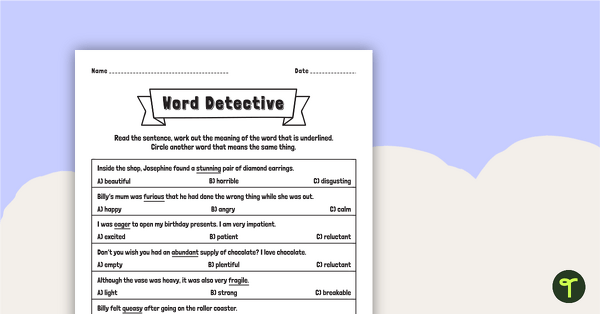
Finding Word Meaning In Context - Word Detective Worksheet
A teaching resource to help teach your students how to find word meaning in context.
- Plus Plan
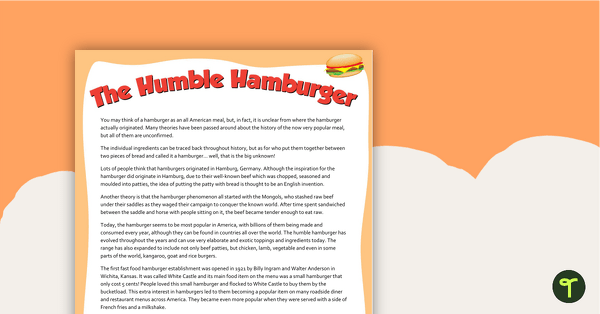
Comprehension - The Humble Hamburger
A comprehension activity about the humble hamburger.
- Plus Plan
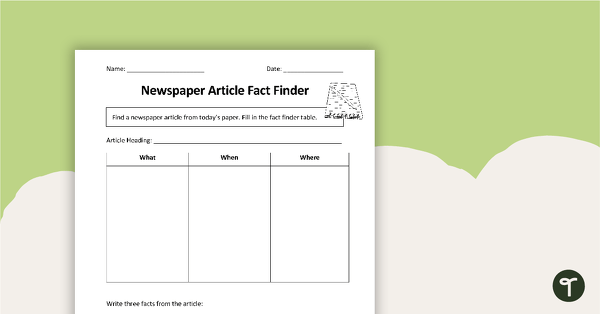
Recalling Facts - Newspaper Worksheet
A worksheet to use when teaching students how to recall facts and details when reading.
- Plus Plan
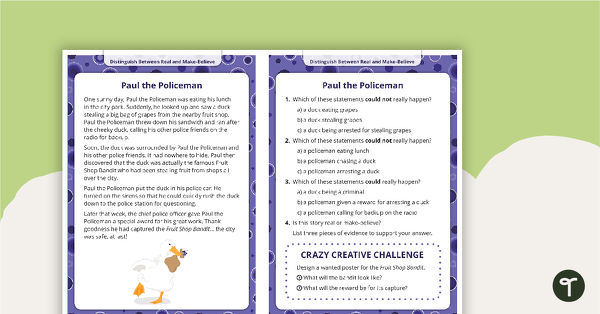
Comprehension Task Cards - Distinguishing Between Real And Make-Believe
A set of comprehension task cards to help students distinguish between real and make-believe when reading.
- Plus Plan
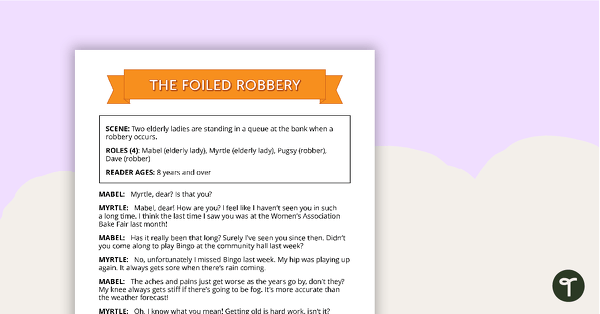
Comprehension - Foiled Robbery
A fun script and set of questions to help students develop reading and comprehension strategies.
- Plus Plan
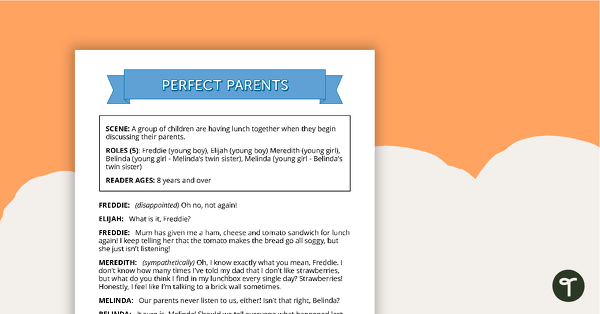
Comprehension - Perfect Parents
A fun script and set of questions to help students develop reading and comprehension strategies.
- Plus Plan
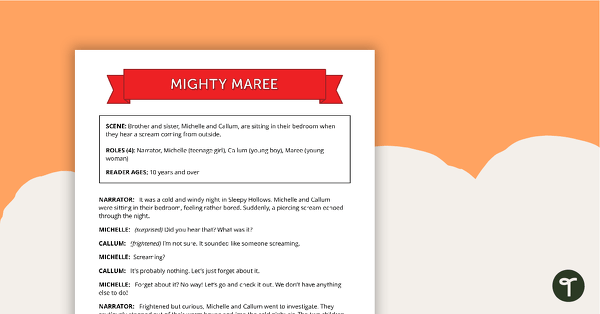
Comprehension - Mighty Maree
A fun script and set of questions to help students develop reading and comprehension strategies.
- Plus Plan
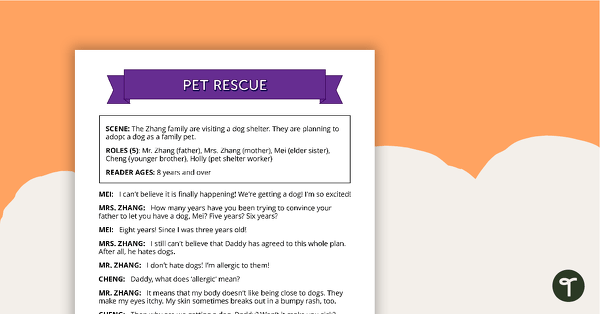
Comprehension - Pet Rescue
A fun script and set of questions to help students develop reading and comprehension strategies.
- Plus Plan
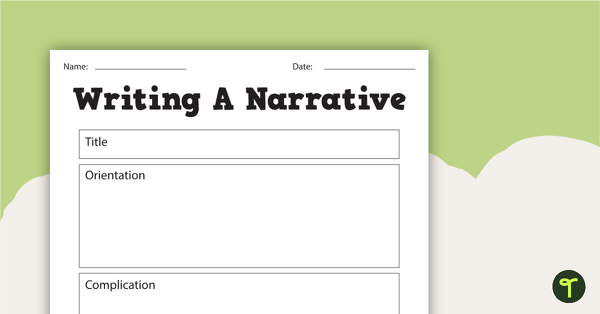
Narrative Writing Pack
A narrative writing teaching pack containing 9 worksheets and posters.
- Plus Plan
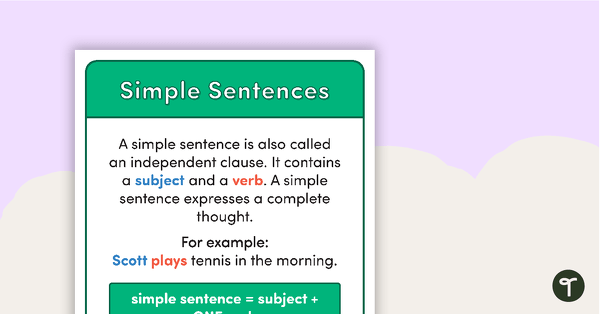
Types of Sentences Posters - Large Text
A set of 7 posters outlining the structure of various types of sentences.
- Plus Plan
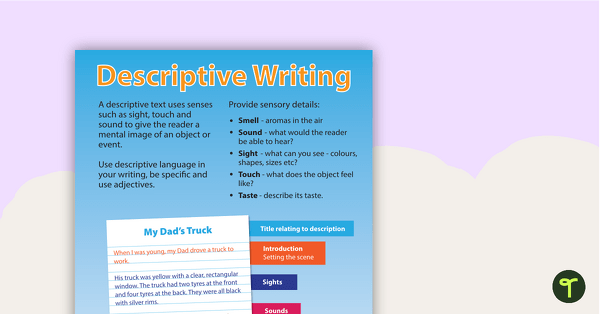
Descriptive Writing Poster With Annotations
A poster outlining the main points and structure of a descriptive text.
- Plus Plan
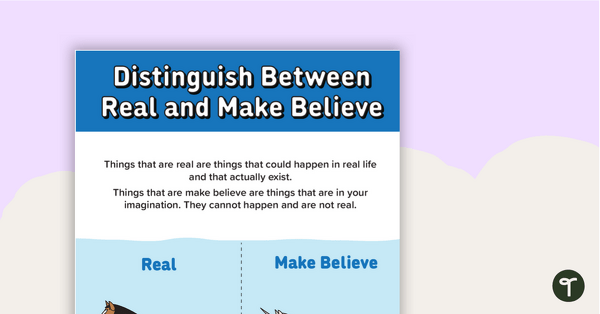
Distinguish Between Real and Make-Believe Poster
A poster highlighting how to distinguish between real and make-believe when reading a piece of text.
- Plus Plan
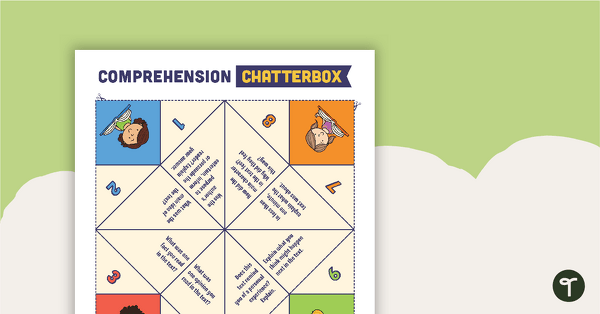
Comprehension Chatterbox
A fun reading comprehension strategy activity for students to use after reading a text.
- Plus Plan
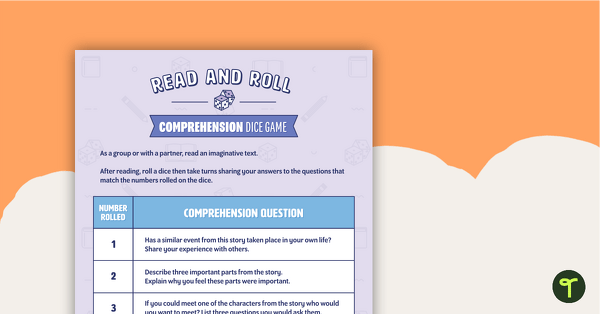
Read and Roll - Comprehension Dice Game
A fun reading comprehension strategy game to play in the classroom during literacy groups.
- Plus Plan
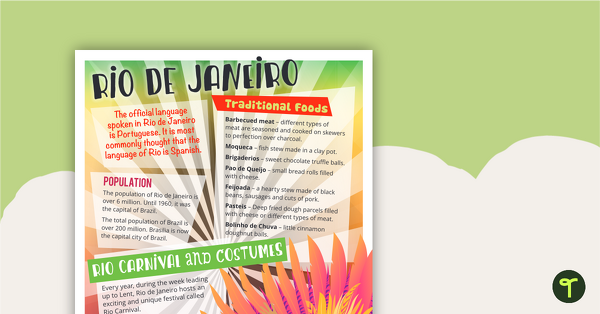
Rio de Janeiro - Comprehension Task
A comprehension task that encourages students to apply a range of comprehension skills when finding out interesting fun facts about Rio.
- Plus Plan
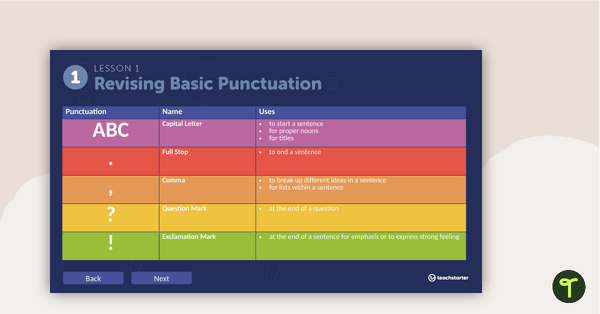
Paragraph Study Punctuation Interactive PowerPoint
Interactive PowerPoint presentation allowing teachers and students to learn and revise punctuation by highlighting paragraphs.
- Plus Plan
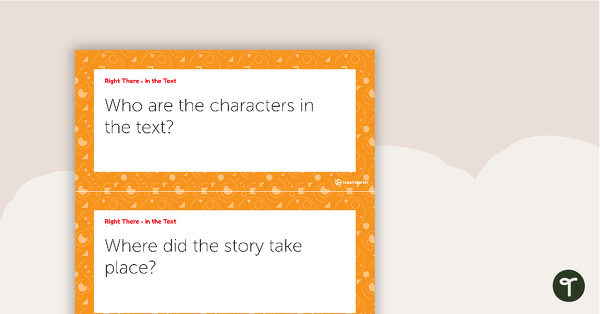
QAR Generic Question Cards
A set of 28 generic QAR question cards for students to use as a comprehension task after reading.
- Plus Plan
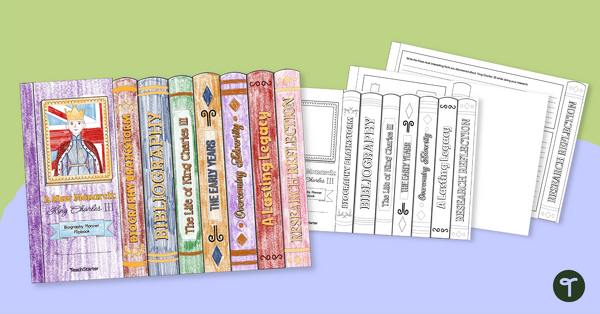
King Charles III Biography Planner Flipbook
Research and learn about King Charles III and discover biography writing.
- Plus Plan
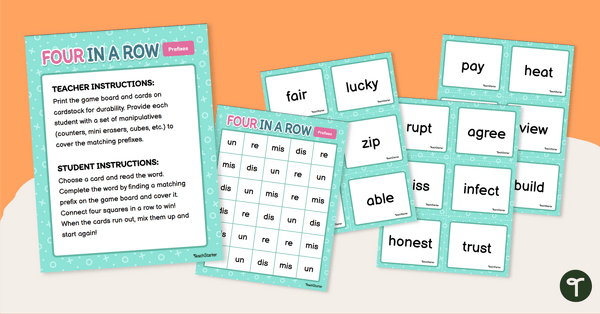
Prefix Vocabulary Game - Four in a Row
Practise matching words to their common prefixes with an exciting Four in a Row Vocabulary Game.
- Plus Plan
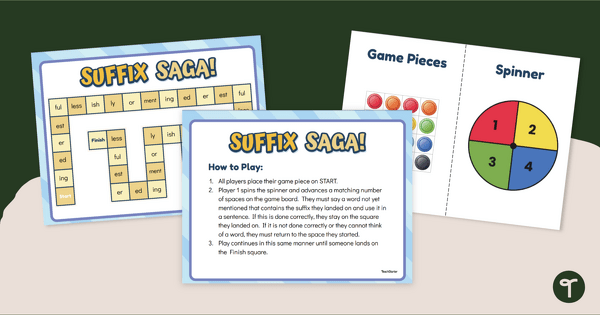
Suffix Saga - Vocabulary Game
Practise building and using words with common suffixes with a fun vocabulary game!
- Plus Plan
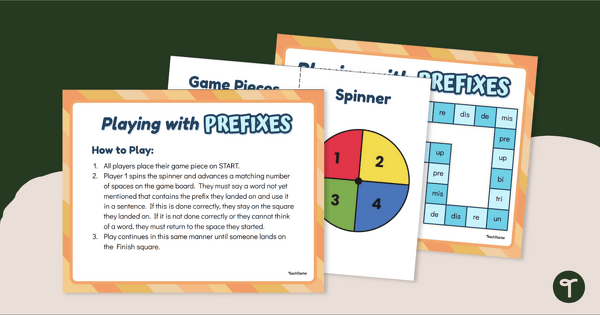
Printable Vocabulary Games - Playing with Prefixes
Practise building and using words with common prefixes with a fun prefix vocabulary game.
- Plus Plan
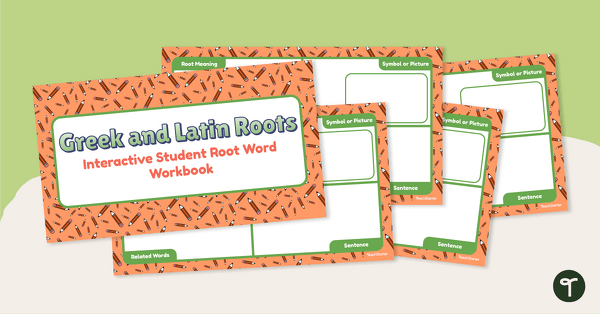
Greek and Latin Roots- Vocabulary Notebook
Enhance vocabulary containing Greek and Latin roots with a Google Slides Interactive vocabulary notebook. Also available in print format.
- Plus Plan
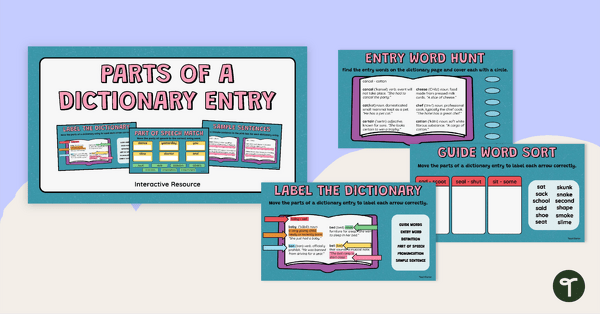
Dictionary Skills Interactive Activity
Practise dictionary skills with this engaging interactive activity.
- Plus Plan
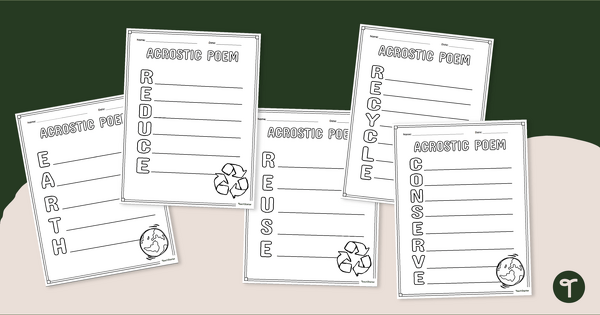
Earth Day - Acrostic Poem Template Pack
An acrostic poem template to use in the classroom to celebrate Earth Day and National Poetry Month.
- Plus Plan
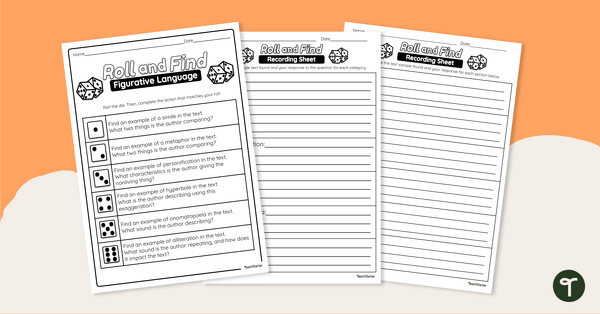
Roll and Find – Figurative Language Worksheet
Explore, identify and interpret figurative language with this engaging roll and find activity.
- Plus Plan
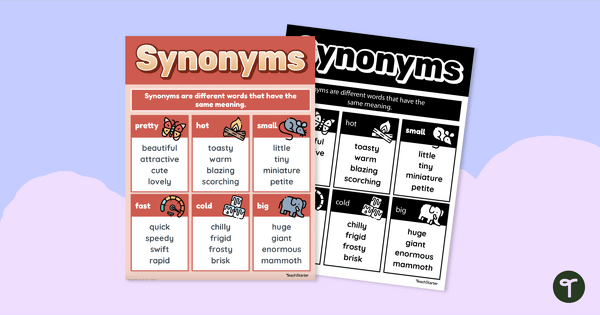
Synonym Poster
Boost vocabulary with a printable Synonym Anchor Chart.
- Plus Plan
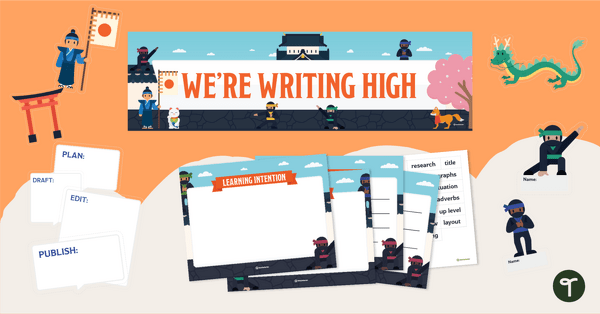
Writing Ninjas Bump it Up Data Wall Display
A ninja themed Bump It Up Wall for writing to display in your classroom.
- Plus Plan
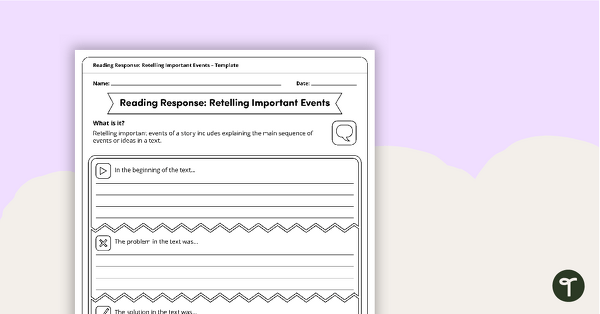
Reading Response Retelling Important Events– Template
A comprehension template for students to revise important parts of a text.
- Plus Plan
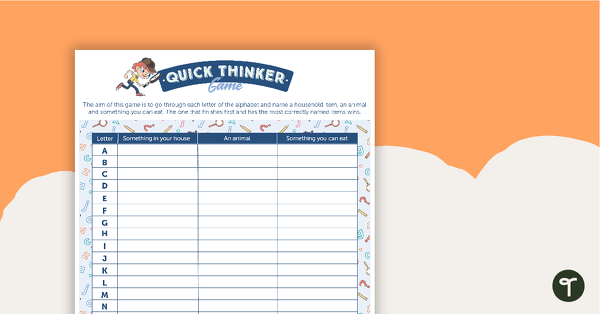
Quick Thinker Game – Worksheet
An alphabet racing game to help prompt vocabulary knowledge.
- Free Plan
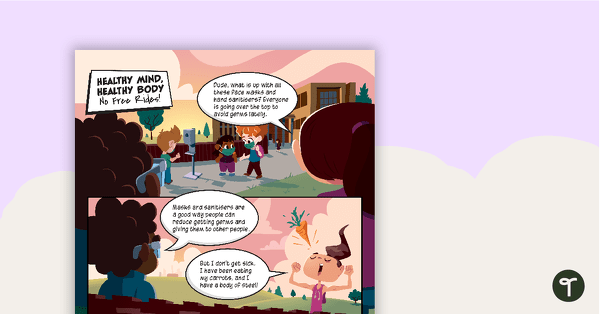
Healthy Mind, Healthy Body: No Free Rides! – Worksheet
A comprehension worksheet for a comic from the Year 5 magazine (Issue 3).
- Plus Plan
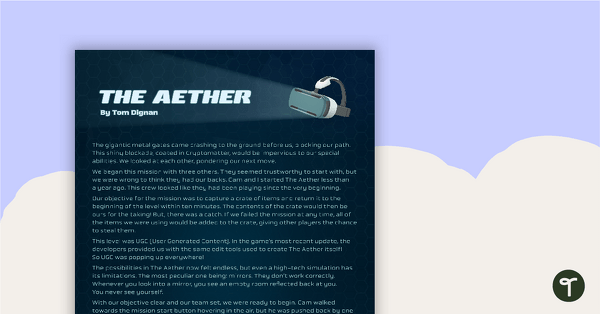
The Aether – Worksheet
A comprehension worksheet for a narrative from the Year 5 magazine (Issue 3).
- Plus Plan
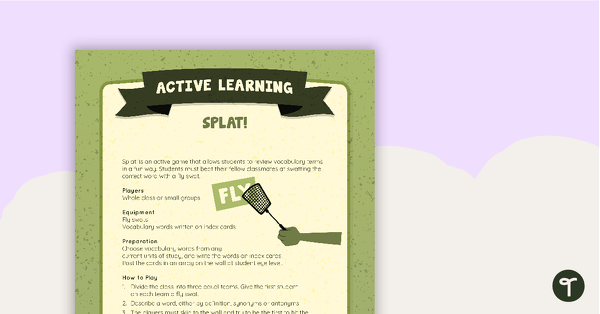
Splat! Active Game
An active game that allows students to test and build their vocabulary knowledge.